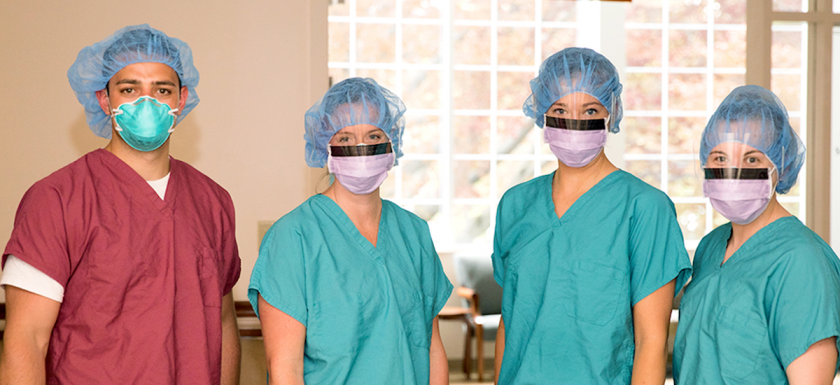Patients With Severe COVID-19 Benefit From Postacute Recovery at Long-term Acute Care Hospitals
Source: Freepik Copyright: DCStudio URL: https://www.freepik.com/free-photo/medical-staff-with-disabled-senior-woman-having-conversation-about-recovery-treatment-hospital-waiting-area-wearing-face-mask-against-coronavirus_16656401.htm Licensed by JMIR WALLINGFORD, CONNECTICUT, February 10, 2022 — Patients with severe COVID-19 and related complications can benefit from receiving postacute care at long-term acute care hospitals (LTACHs), a new report suggests. The findings of “Patient Outcomes and Lessons Learned From Treating Patients With Severe COVID-19 at a Long-Term Acute Care Hospital: Single-Center Retrospective Study,” a study conducted by medical and therapy staff at Gaylord Specialty Healthcare, an LTACH in Wallingford, Connecticut, and researchers at the Milne Institute for Healthcare Innovation, were published today in the journal JMIR Rehabilitation and Assistive Technologies. With an average patient length of stay of 25-28 days,Read More →




